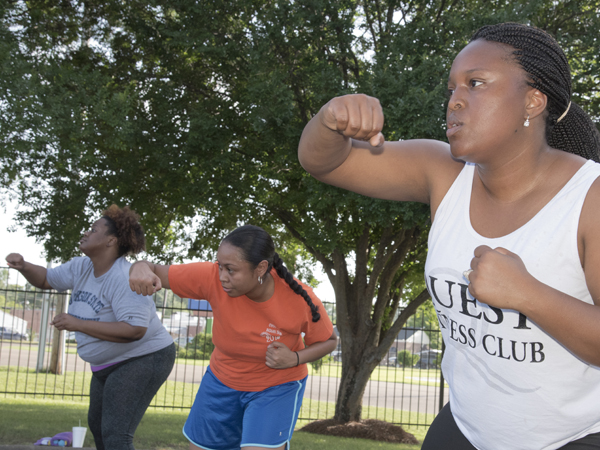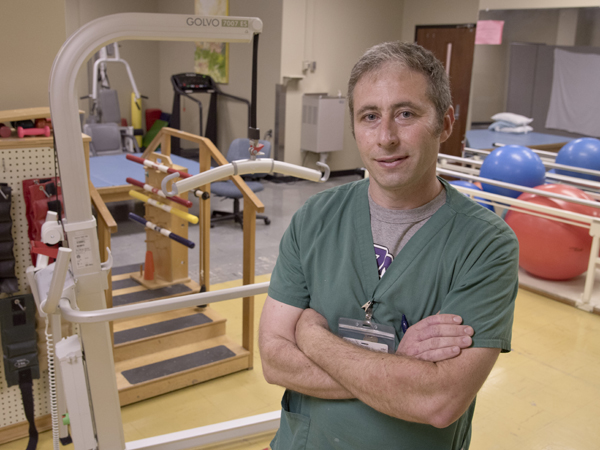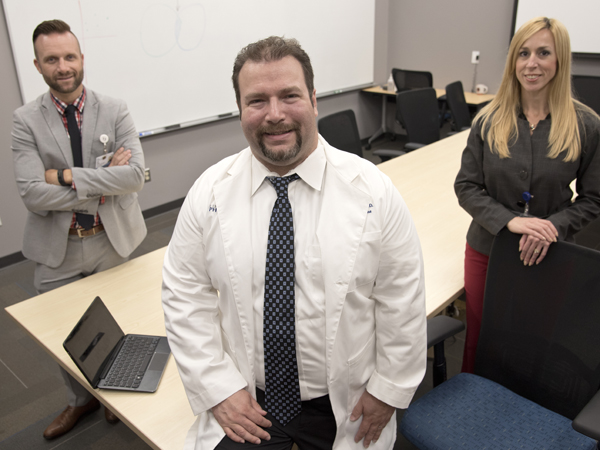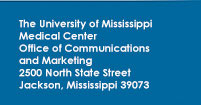|
You're a University of Mississippi Medical Center heart patient, and your care is tailored to a mathematical analysis showing that in a grouping of 10 patients with your symptoms, seven are predicted to have a heart attack over the next year - and you are in that seven.
|

|
A new collaboration between two programs dedicated to eliminating health disparities, both named for female African-American civil rights leaders, isn't your traditional agreement.
|
|
Growing up in Ukraine, in the days when it was under the umbrella of the communist Soviet Union, was a challenge for Alexander Soloveichik.
|

|

|
A number of interesting events is scheduled for the upcoming week at the Medical Center.
|
























